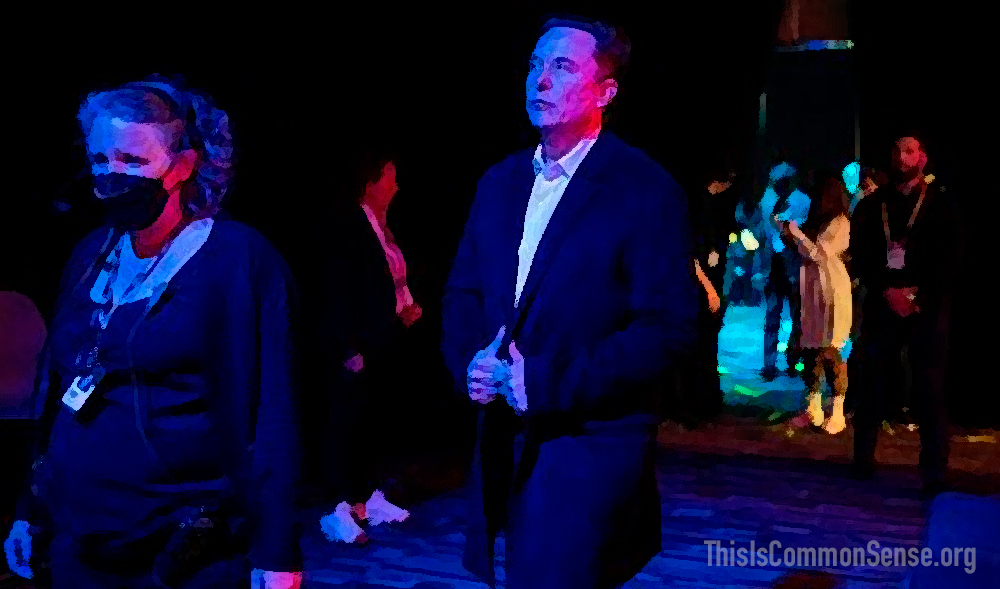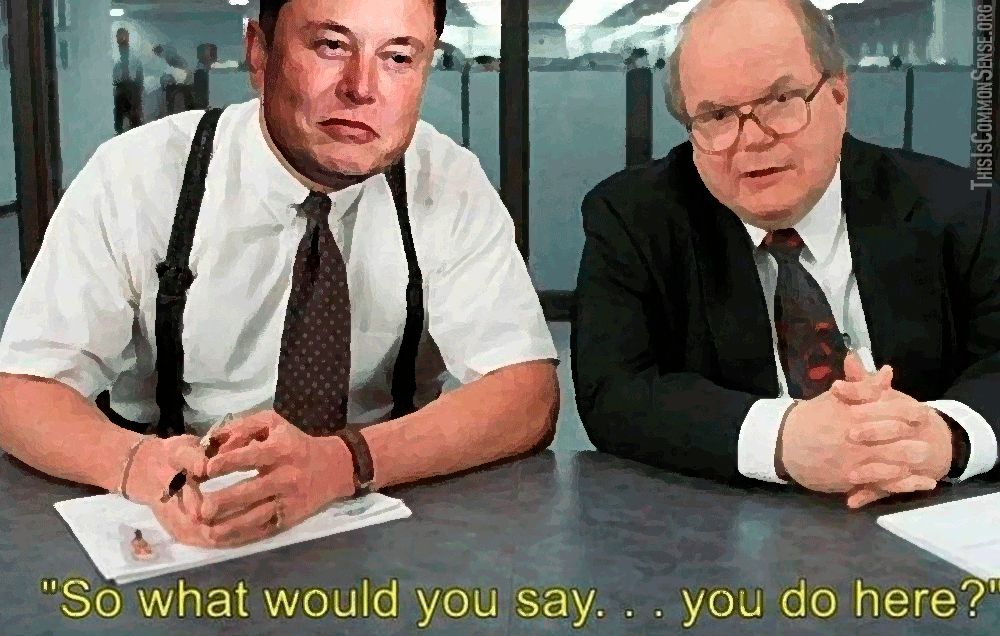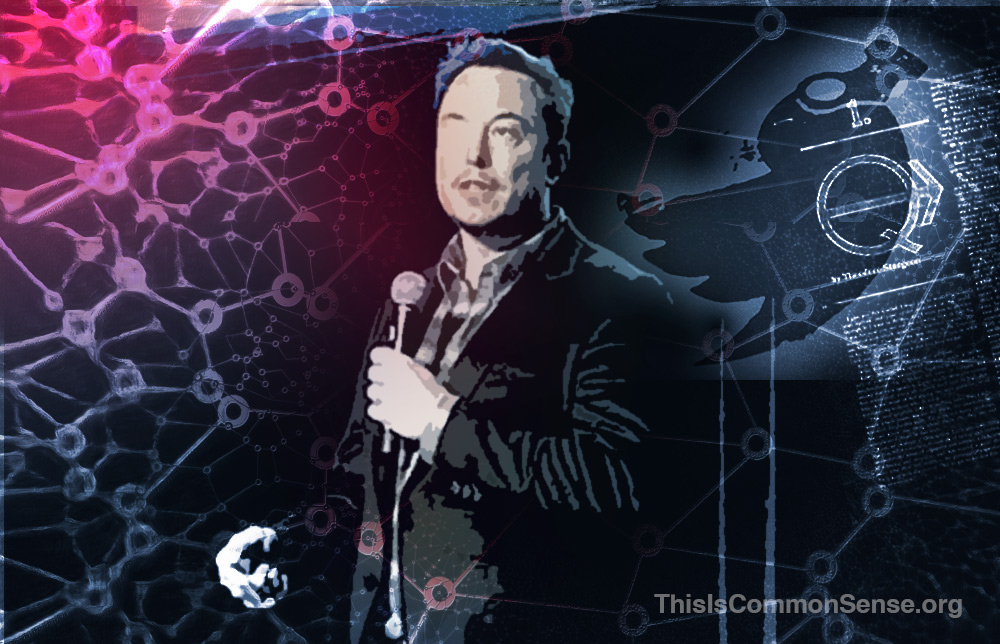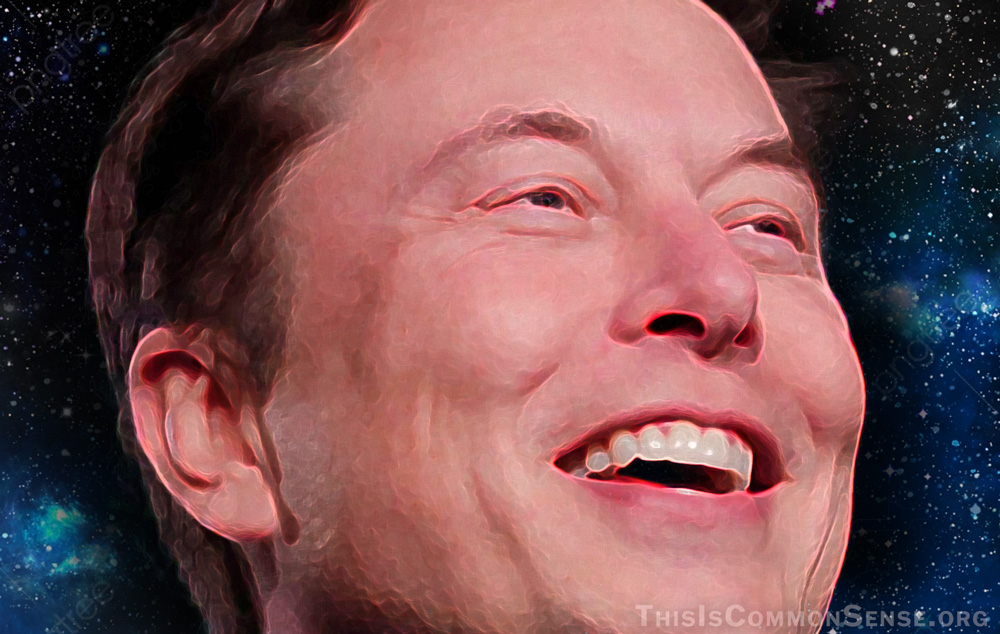Why is the Federal Trade Communication threatening to investigate Elon Musk’s acquisition of Twitter?
The FTC is reportedly reviewing the Tesla CEO’s takeover of the forum and will soon decide whether to conduct an anti-trust probe of the transaction.
Musk hasn’t been entirely clear about his plans for Twitter now that he is on the verge of acquiring it. But we can expect that this avowed free speech absolutist will do his best to ensure that tweet-speech is much more open than it has been. He won’t label every statement he dislikes as “hate speech” or “misinformation” and forthwith expunge it.
And this, I’m pretty sure, is the problem.
Certainly, no new “monopoly” is in the offing. It’s not as if we lack social-media alternatives to Twitter — or that Musk already owns the alternatives. His other gigs pertain to electric cars, tunnels, and space flight.
The problem must be that government officials, too, expect that Musk will be a much better friend of unfettered speech than the previous Twitter insiders.
Officials expect — but also fear — that his Twitter won’t routinely terminate the speech of persons who dispute “official” doctrines about COVID-19, elections, or what have you.
To fear the prospect of a Musk-run Twitter is to fear open debate — debates that are unavoidable and should be welcome if we value citizen control of government.
But of course, those who seek to control us worry: if the people do not agree with them about what is and is not a fact, what is and is not the highest moral and political value, they might not stay in power.
This is Common Sense. I’m Paul Jacob.
—
See all recent commentary
(simplified and organized)




